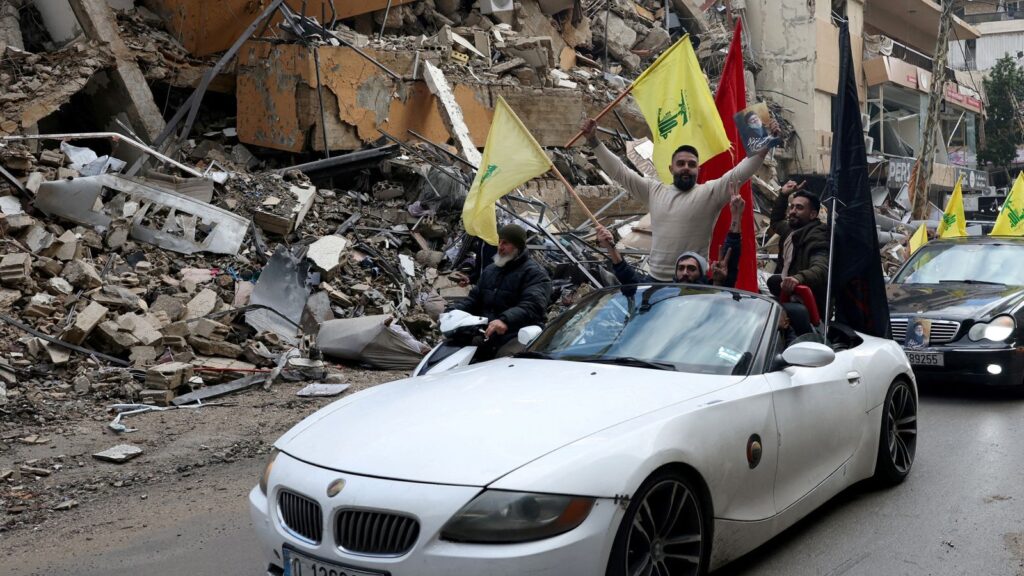The former head of MI6 has told Sophie Ridge’s Politics Hub that the conflict between Israel and Hezbollah has removed a layer of anti-Israel proxies, leaving Iran “even more at risk” .
Asked how important Iran’s reaction to the cease-fire being agreed was, Sir Richard Dearlove said what was “unusual” was “how the Israelis called Iran’s bluff”.
“This idea of constantly attacking Israel through proxies was actually shattered, and Hezbollah, not Hamas, was a strategic asset for the Iranians,” he said.
“They’re investing huge amounts of money and training to find out how it was dismantled by the Israel Defense Forces.”
“We are in a situation of more direct confrontation,” he added, adding that Iran would be further “at risk” if it launched a new attack on Israel.
“I think they would be at great risk if Iran launched another attack against Israel,” he said.
“I think the last IDF raid on Iran was devastating in that it destroyed Iran’s air defenses and took away some of its missile fuel production capabilities.
“I think they’re certainly very exposed.”
Sir Richard also said that the current ceasefire agreement between Israel and Hezbollah is a “redo of the 2006 deal”, which was intended to separate Hezbollah from Israel’s northern border.
This was supposed to be moderated by the United Nations and the Lebanese army, but over time “absolutely nothing was done,” he added.
“I think a ceasefire is appropriate for Israel at this time, because their original objective was to secure their northern border,” he said.
“If we push Hezbollah back beyond Litani, that question will largely be answered in the short to medium term. I don’t think it will be in the long term.”



